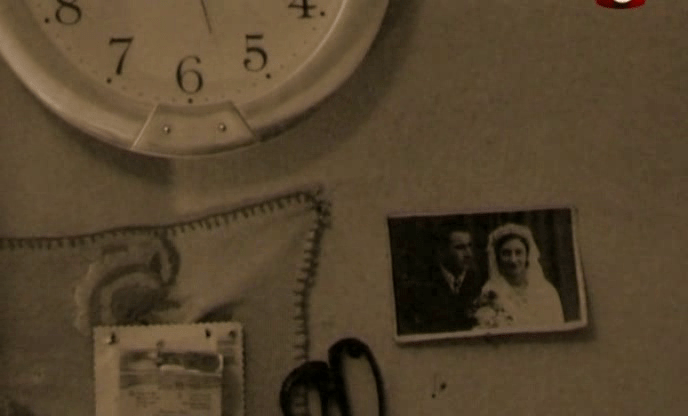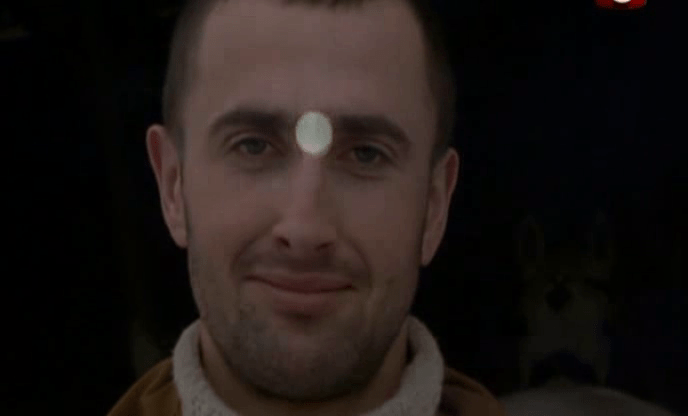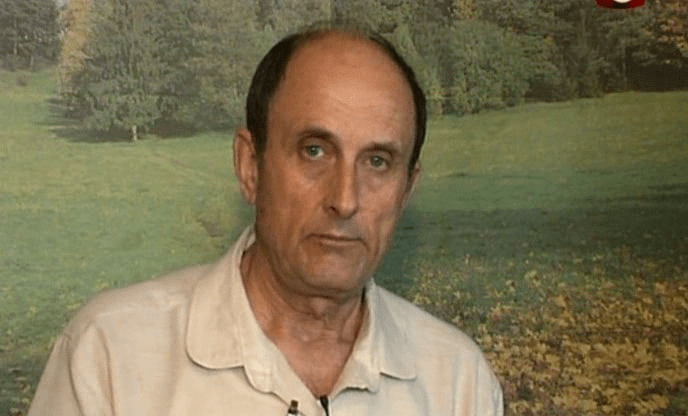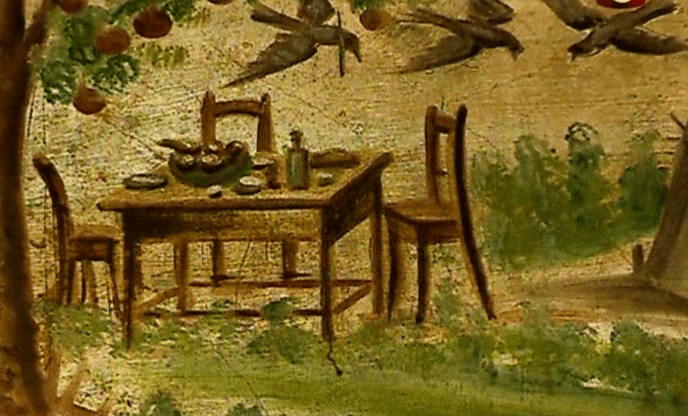
Spell Your Name / Nazvy svoie imia
2006
Ukraine, USA
USC Shoah Foundation Institute, Film Plus Production
92 min
Serhii Bukovskyi
Roman Yelenskyi, Volodymyr Kukorenchuk
Mariia Zanvelevych, Leonid Serebriakov, Zinaida Klimanovska, Iryna Maksymova, Mykhailo Rossynskyi, Yurii Pinchuk, Fienia Kleiman, Mariia Yehorycheva-Hlaholieva, Bronislava Fuks, Mariia Holdberh, Yevheniia Podolska, Polina Bielska, Tsylia Shport, Mykhailo Felberh
Ukrainian Jews, the Holocaust survivors and those who rescued them engage in a conversation with the camera, sharing their truly terrifying experiences. An elderly couple remains silent, unable to articulate their memories, leaving only silence to echo their past. They occupy a former synagogue, repurposed as a dwelling. Young interns, transcribing the interviews for the film’s director, Serhii Bukovskyi, express their emotions in response to the narratives they’ve heard.
Spell Your Name Project was initiated by Viktor Pinchuk, who advocated at the American Shoah Foundation Institute for a film addressing the Holocaust tragedy on Ukrainian soil. Pinchuk’s original concept for a feature film about Babyn Yar, directed by a Russian filmmaker (a precursor to a later controversial project by the Memorial Center a decade later), evolved under the influence of executive producer Steven Spielberg. Eventually, the project transformed into a first-person documentary narrative, comprising a series of extensive interviews with diverse individuals housed in a California archive. Serhii Bukovskyi, known for Tomorrow is a Holiday and The Roof, was selected as the director following a meticulous producer-led selection process. While Leonid Finberg advised him on historical matters, Vitalii Nakhmanovych offered insights into Babyn Yar’s historical memory behind the scenes.
The esteemed Ukrainian documentarian adopted a “human dimension” strategy, preferring to present face-to-face dialogues with witnesses rather than shocking viewers with crime footage. These present-day recollections prove more poignant than historical chronicles. Spell Your Name found continuation in Bukovskyi’s subsequent film about another Ukrainian genocide, The Living (2008), dedicated to the Holodomor. Similar to Claude Lanzmann’s influential work Shoah, which served as inspiration for Bukovskyi, the Spell Your Name and The Living duology transcends journalism, embodying an artistic expression. In this capacity, it serves as a profound artistic contribution to the ongoing process of healing historical wounds.



